High blood pressure, or hypertension, is a prevalent health issue that significantly raises the risk of heart disease, stroke, and other serious conditions. While medication is essential for managing hypertension, integrating specific foods into your diet can also naturally help lower blood pressure......Read The Full Article>>.....Read The Full Article>>
What’s the relationship between the foods we eat and our blood pressure?
The foods we eat directly impact blood pressure by influencing blood vessel function, fluid balance, and overall heart health. Key nutrients such as potassium, magnesium, and fiber contribute to blood pressure regulation by relaxing blood vessels and promoting the excretion of excess sodium.
In contrast, foods high in sodium, saturated fats, and sugars can elevate blood pressure by promoting fluid retention, narrowing blood vessels, and increasing the heart’s workload. Adopting a diet rich in fruits, vegetables, whole grains, and lean proteins can effectively lower blood pressure. Reducing the intake of processed foods, salty snacks, and sugary treats not only helps prevent hypertension but also enhances overall heart health.
Here are 8 foods to eat to lower your blood pressure…
#1. Yummy veggies
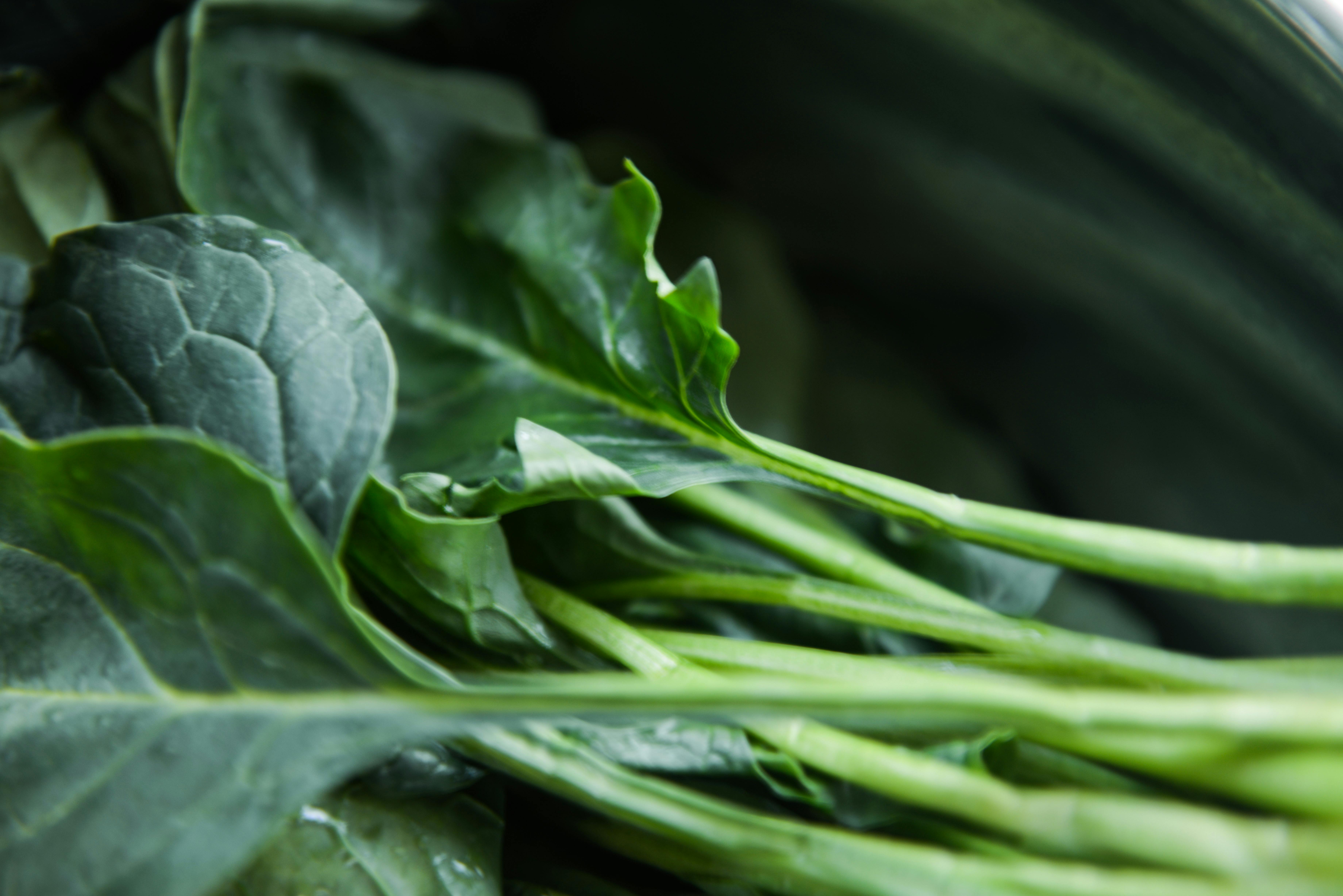
Leafy greens, such as spinach, are abundant in potassium, a vital mineral that aids the kidneys in excreting sodium through urine, effectively reducing blood pressure. Diets rich in potassium can lead to significant decreases in blood pressure levels, making these greens essential in your daily meals. Incorporate leafy greens into salads, smoothies, or as a side dish. For a nutritious and flavorful option, try sautéing them with garlic and olive oil.
#2. Sumptuous berries
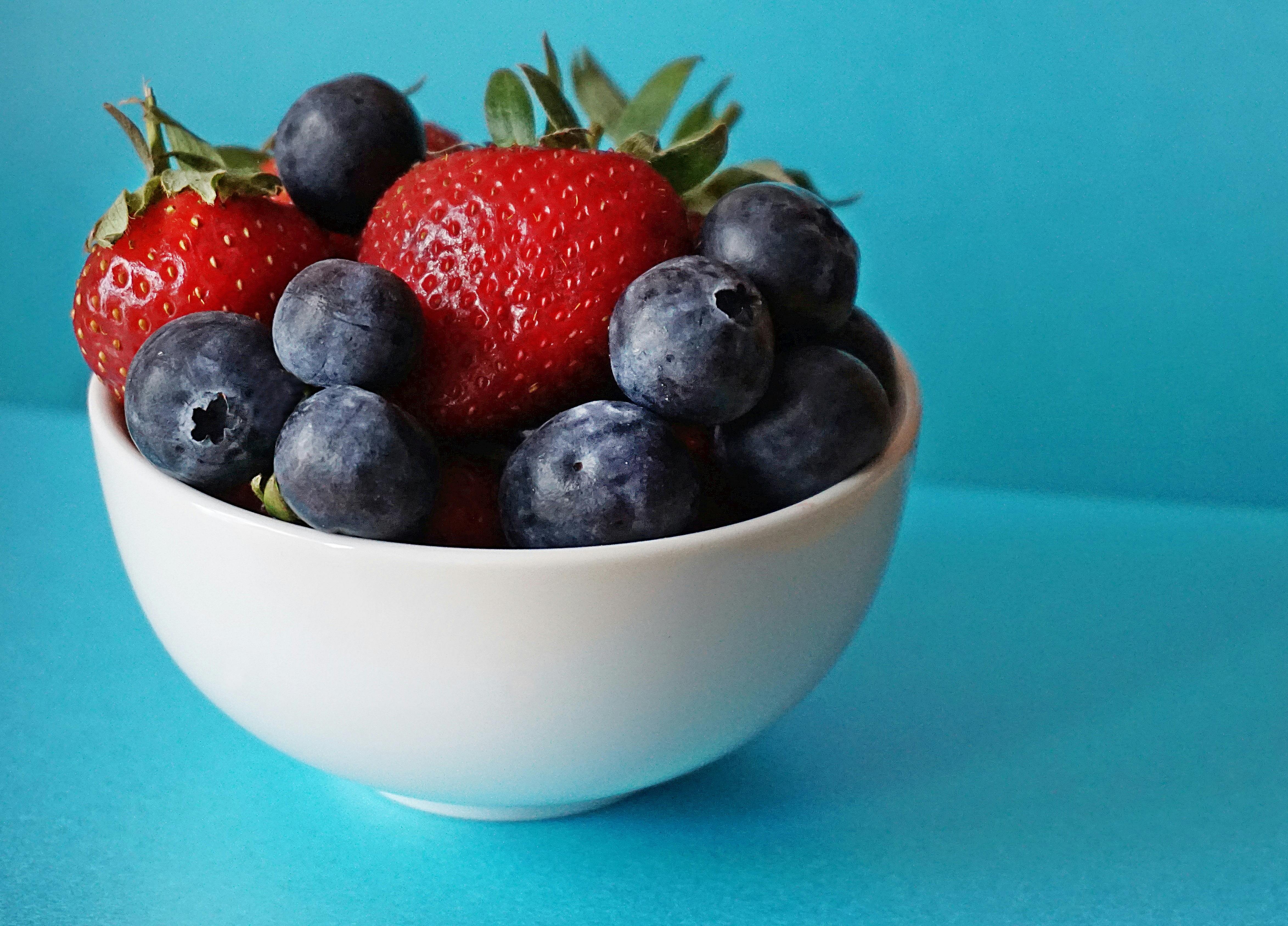
Berries, particularly blueberries, strawberries, and raspberries, are rich in antioxidants, especially flavonoids, which have been shown to help prevent hypertension and lower blood pressure. The nitric oxide found in berries relaxes blood vessels, enhancing blood flow and reducing pressure. Add berries to your morning oatmeal, mix them into yogurt, or enjoy them as a nutritious snack throughout the day.
#3. Delicious oats
Oats are rich in fiber, particularly beta-glucan, which can help lower cholesterol levels and enhance heart health. The soluble fiber in oats also contributes to reduced blood pressure by improving blood vessel function and decreasing inflammation. Start your day with a bowl of oatmeal, add oats to smoothies, or incorporate them into baking for heart-healthy treats.
#4. Tasty bananas
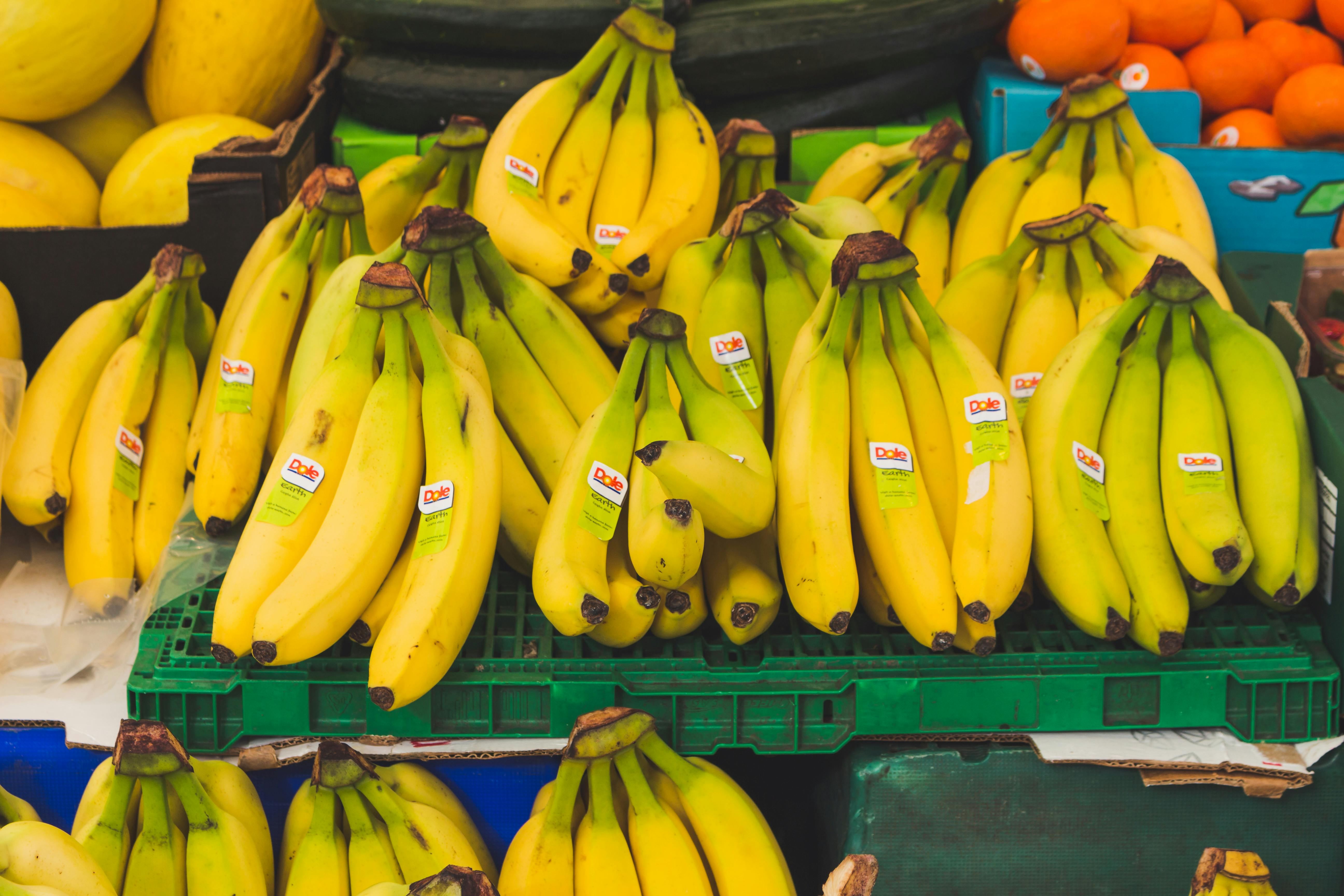
Bananas are an excellent source of potassium, essential for managing high blood pressure. One banana provides about 12% of your daily potassium needs, helping to balance the sodium-potassium ratio in your body. Enjoy bananas as a quick snack, slice them into your cereal, or blend them into smoothies for a convenient potassium boost.
#5. Delectable beets
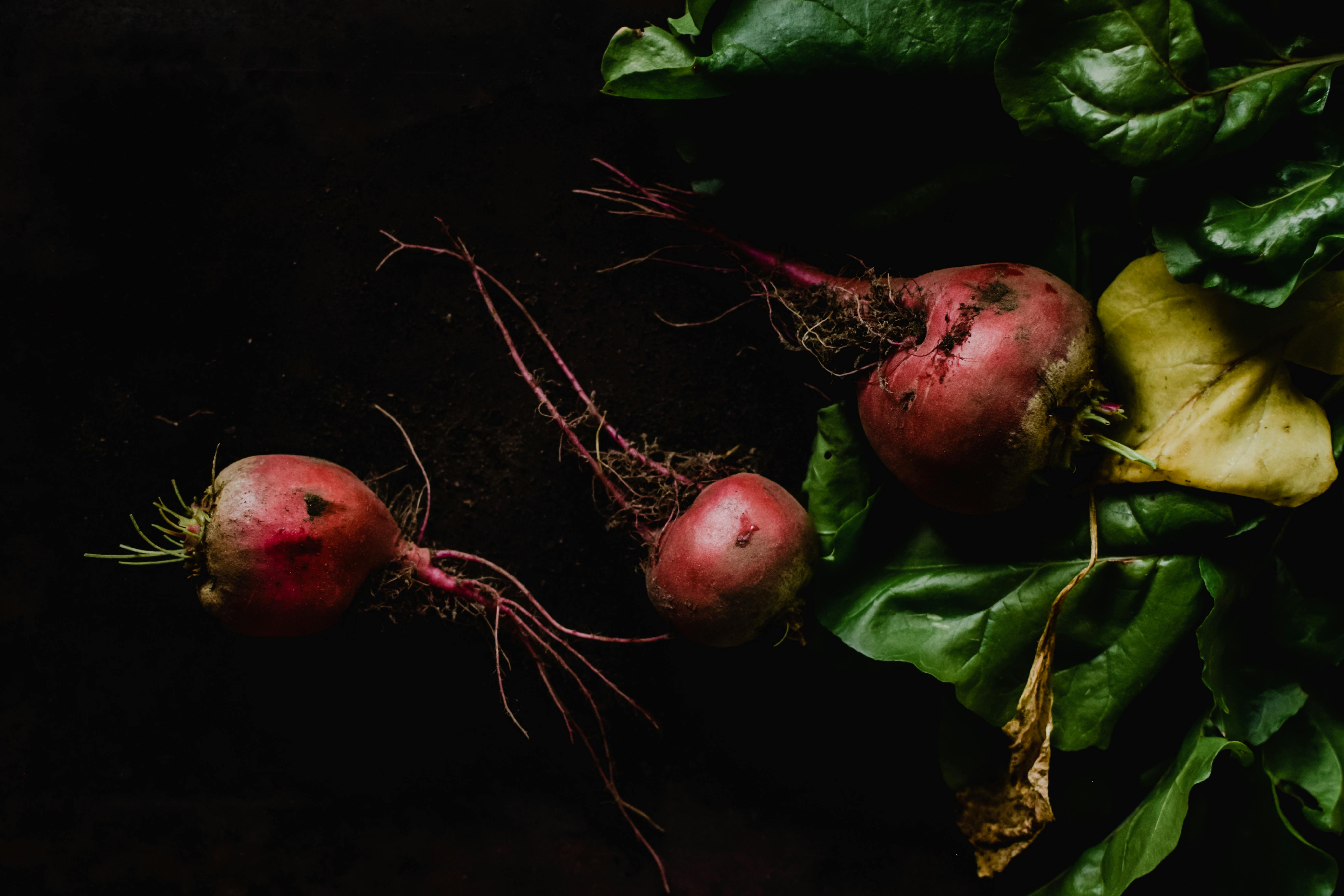
Beets are high in nitrates, which the body converts into nitric oxide—a compound that relaxes and dilates blood vessels, enhancing blood flow and lowering blood pressure. Studies have demonstrated that drinking beet juice can significantly reduce blood pressure levels. Enjoy beets roasted, blended into smoothies, or juiced. You can also add sliced beets to salads or incorporate them into soups.
#6. Flavorful garlic
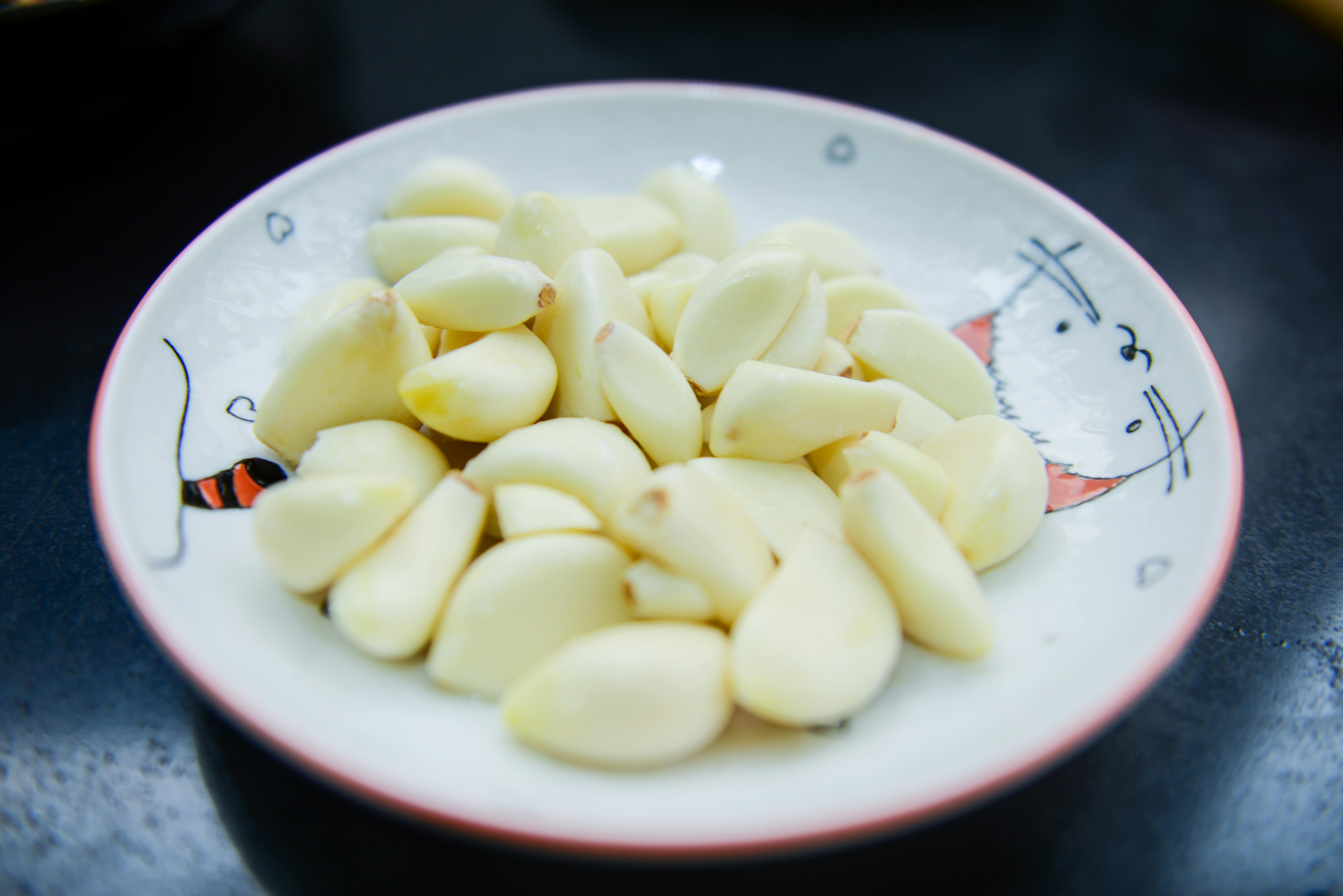
Garlic is renowned for its heart health benefits, particularly in lowering blood pressure. It contains allicin, a compound that helps relax blood vessels and improve blood flow. Regular consumption of garlic has been linked to reductions in both systolic and diastolic blood pressure. Incorporate minced garlic into salad dressings, soups, or sauces, or roast whole garlic cloves for a sweet, mellow flavor.
#7. Fatty fish
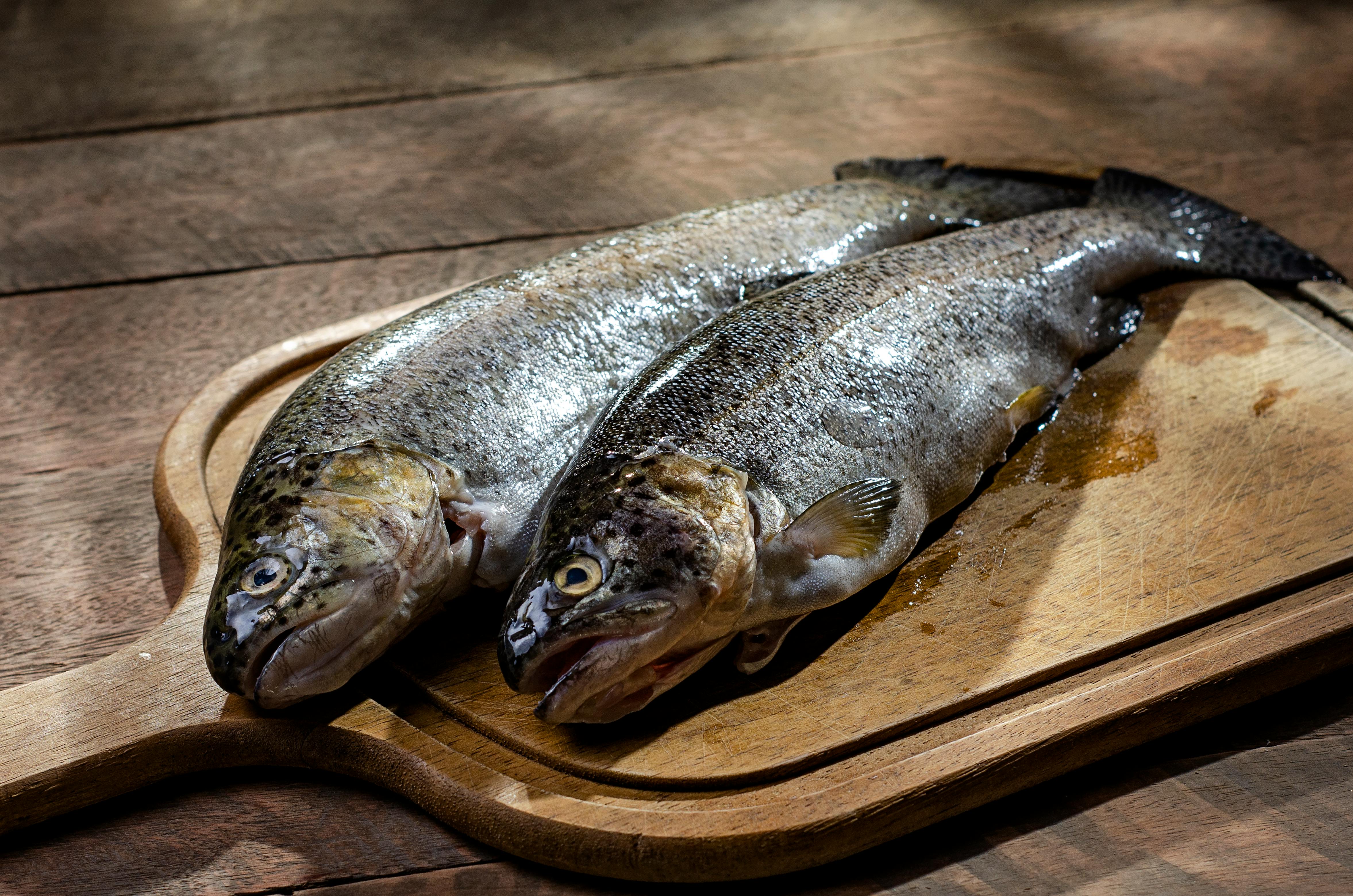
Fatty fish such as salmon, mackerel, and trout are rich in omega-3 fatty acids, which have been shown to reduce inflammation and lower blood pressure. Omega-3s help decrease the production of oxylipins, molecules that constrict blood vessels and raise blood pressure. Grill, bake, or steam fatty fish for a heart-healthy meal, and aim to include them in your diet at least twice a week for optimal benefits.
#8. Palatable quinoa
Quinoa is a nutritious whole grain that offers numerous benefits for heart health. It’s high in fiber, which helps reduce cholesterol levels and improve blood vessel function. Quinoa is also a complete protein, providing all nine essential amino acids, making it an excellent choice for plant-based diets.
Incorporating quinoa into your meals can help lower blood pressure and promote overall wellness. Use it as a base for salads, mix it into soups, or enjoy it as a side dish. With its nutty flavor and versatility, quinoa is a fantastic addition to a heart-healthy diet.
In conclusion
Incorporating a variety of heart-healthy foods into your diet can significantly impact blood pressure management and overall cardiovascular health. By focusing on potassium-rich fruits and vegetables, fiber-packed grains, and omega-3 fatty fish, you can naturally lower your blood pressure and reduce the risk of hypertension-related complications. Remember, making small, consistent changes to your diet can lead to lasting benefits for your heart and well-being. Prioritize these foods in your meals, and take proactive steps toward a healthier lifestyle.





